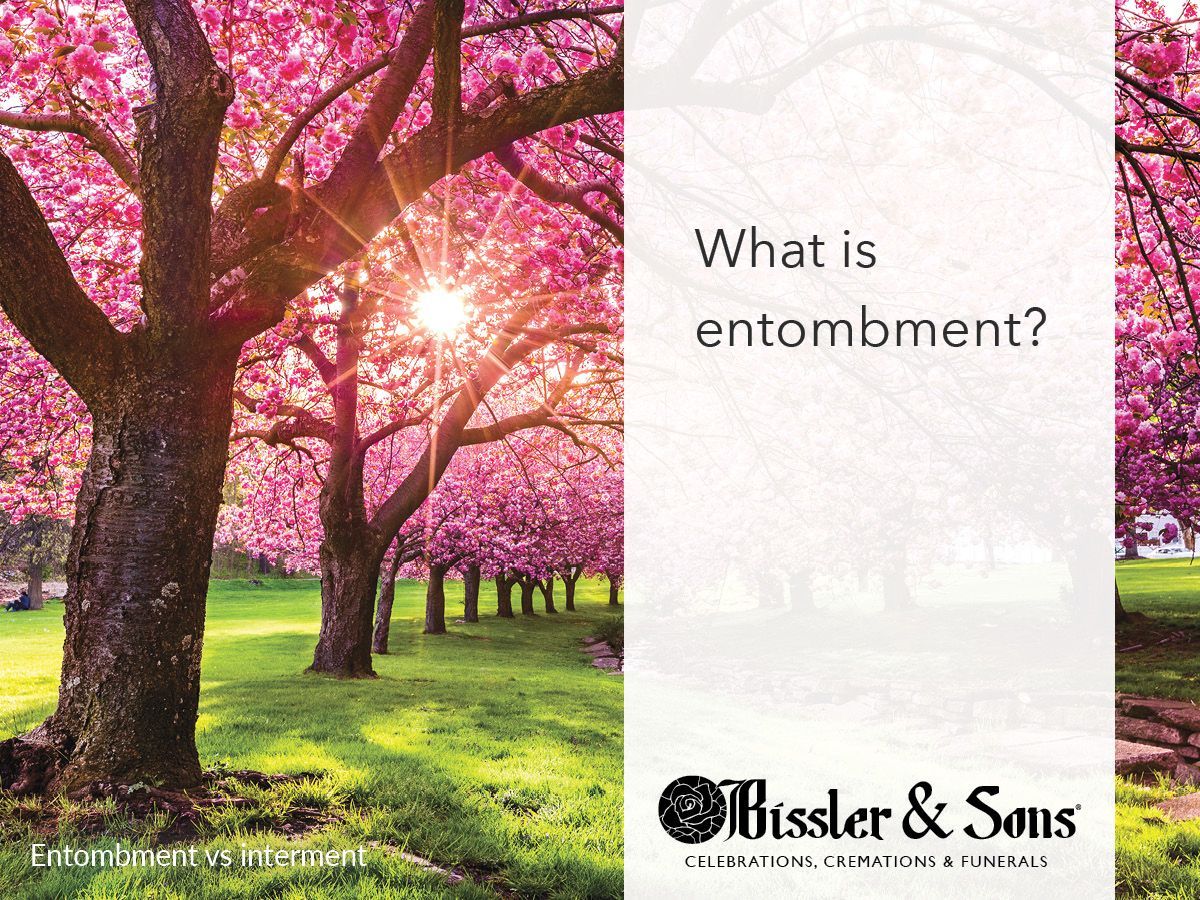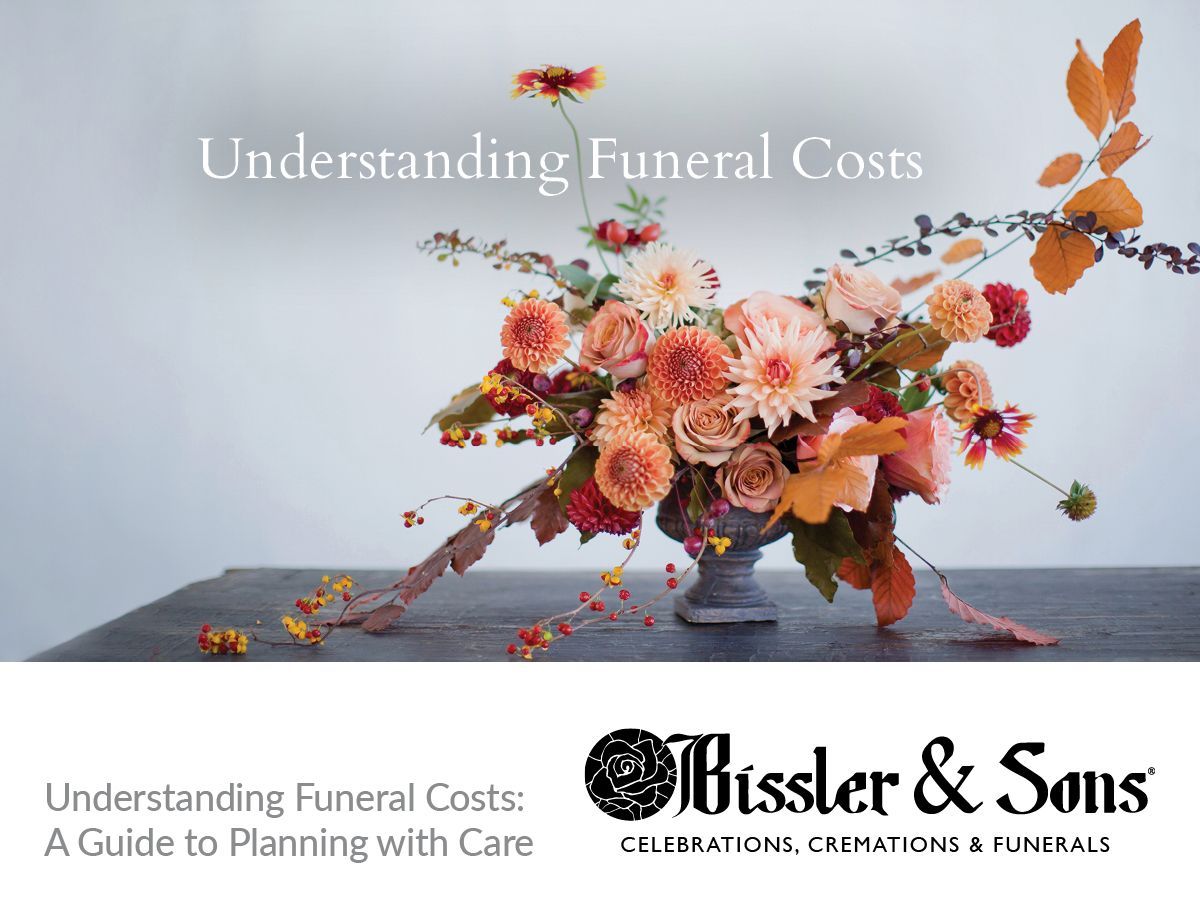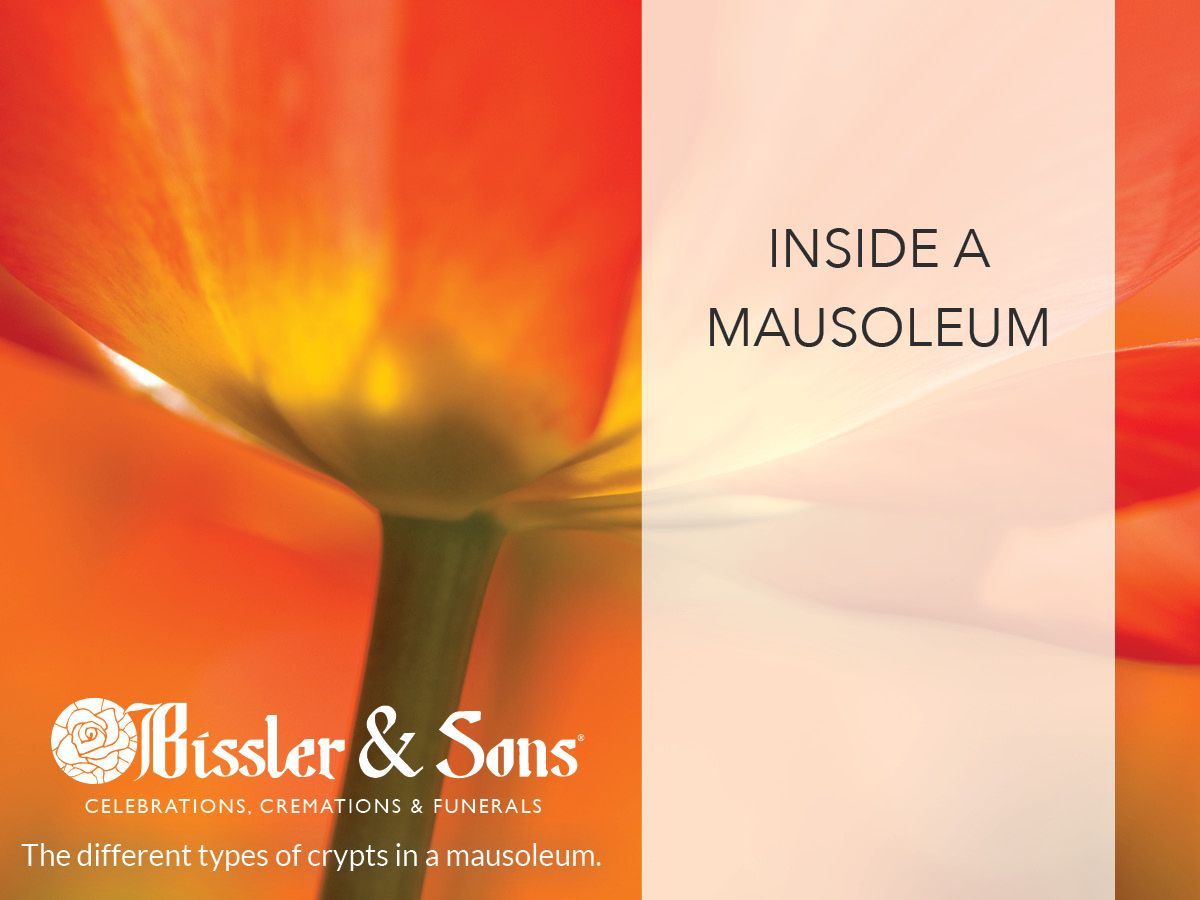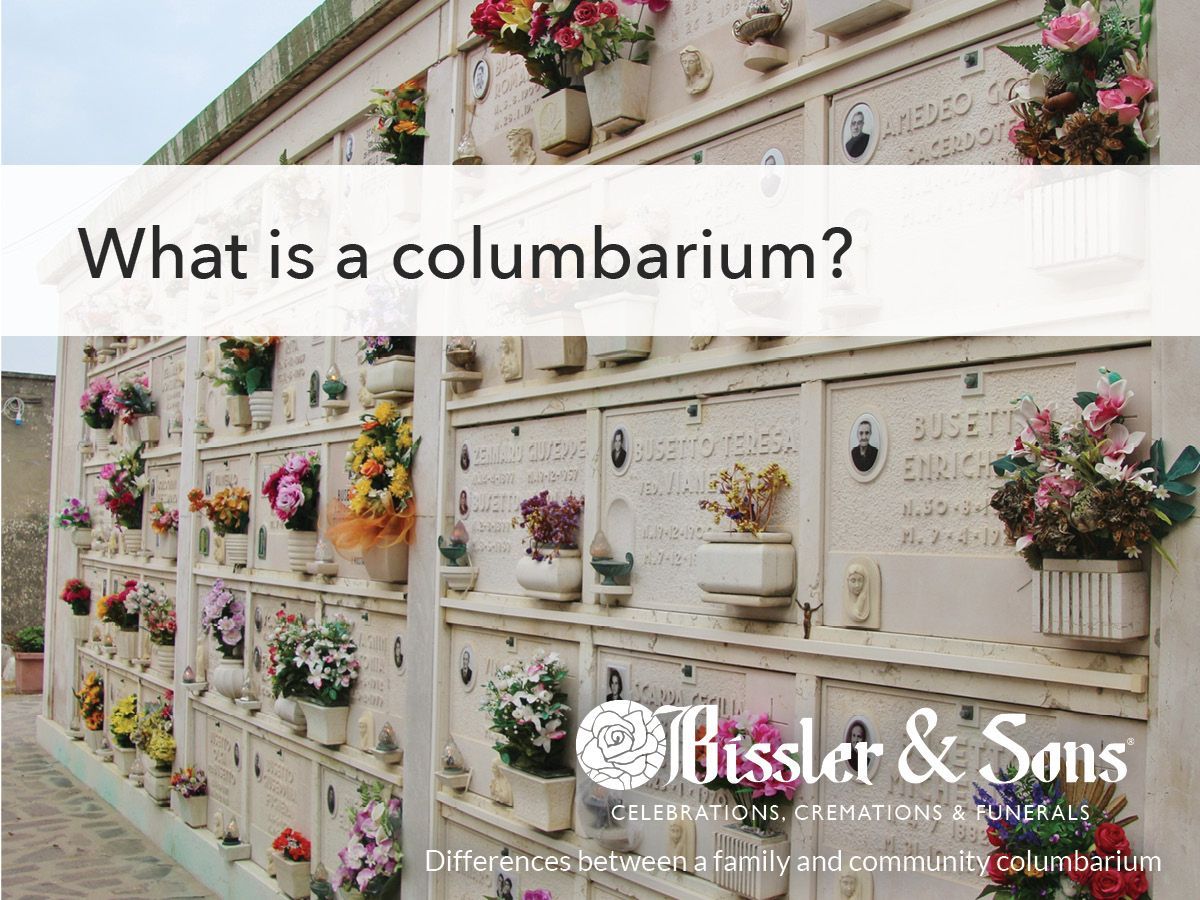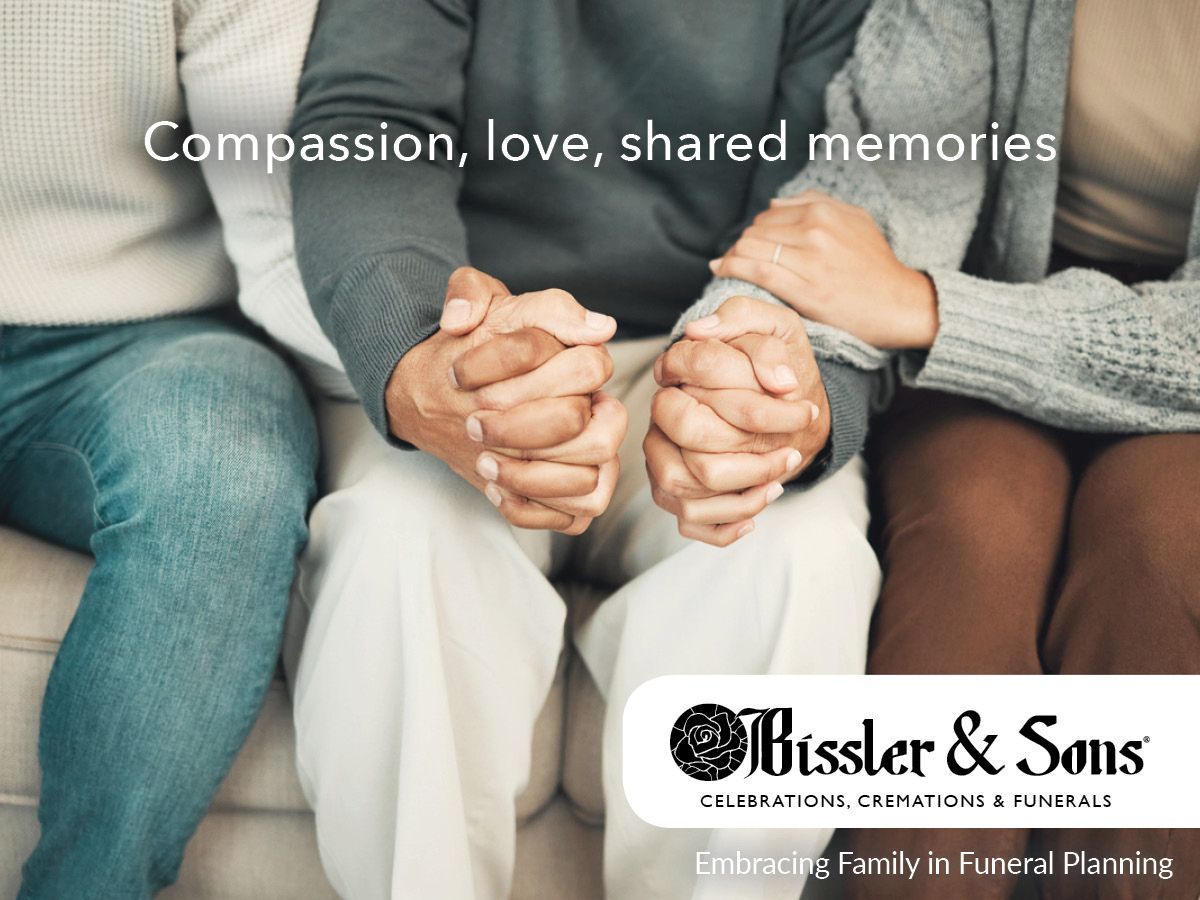How Can I Make Changes to My Funeral Plan?
The short answer is to call the funeral home and ask for an appointment with the advance planning specialist/funeral director. Let the funeral director know you have a plan on file that you would like to review. Changes can always be made.
The changes that are requested most often fall into the category of important to the family but not of significant impact to the overall funeral plan. These would include such things as adding specific details to a more general funeral plan. Perhaps as time passes, preferences for readings, music, or clothing become clear, and the person who planned would like to have them added to the document. Grandchildren who have grown and mastered a talent since the original plan was written may be requested to perform. Or one may decide or need to name certain family members to carry out specific tasks related to the funeral service. Things change. Reviewing and adjusting your funeral plan to support the changing needs of your family is always possible.
Occasionally, bigger changes are requested. A person may decide they want to be buried rather than cremated, or they may change their church affiliation, necessitating adjustments to their funeral plan. They may move with the intention of having their funeral service in their new location. These changes, which may impact the cost of the original funeral agreement, will require a little more thought and paperwork. Nonetheless, changes of this nature can also be accommodated.
Changes that will alter the cost of the funeral service, such as adding a casket or vault when the previous choice for cremation and scattering did not include these items, may mean financial considerations will need to be made. Moving your funeral to a new location may trigger a cost differential. None of these changes create insurmountable obstacles. Your funeral professional will explain the options available, you will decide, and your plan will be changed according to your wishes.
No one knows what the future holds outside of the fact that death will occur someday. Technology has had a huge impact on funeral services. Not long ago, music, video, digital picture loops, and remote viewing/zoom funerals were not even thought of. Today, they happen. We do not know what will be available to enhance a funeral service ten years in the future. What we do know is having a plan in place is always a good thing. We also know that none of us knows when we will die, so waiting to make a plan until we are sure that our plan could be carved in granite, so to speak, is not a wise choice. Advance funeral plans are flexible and can always be adjusted to accommodate a family’s changing needs.
